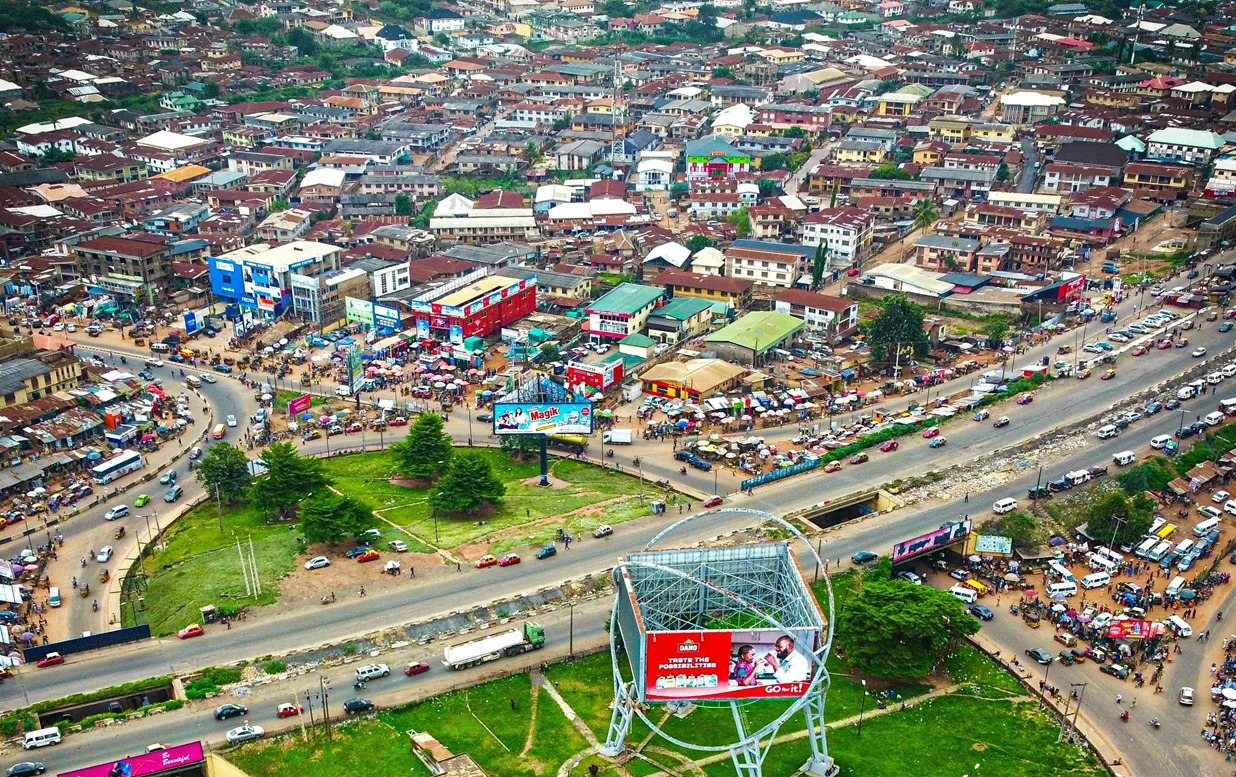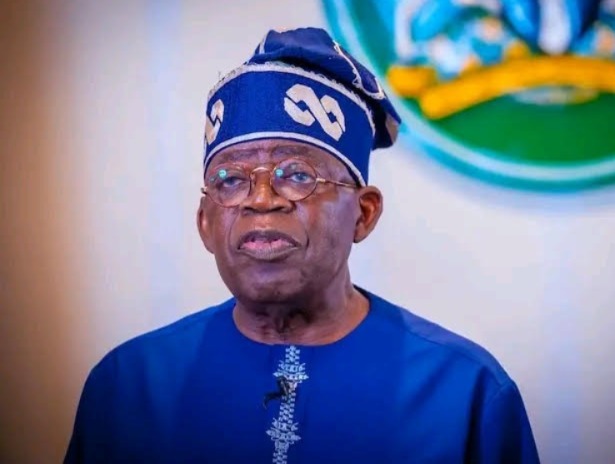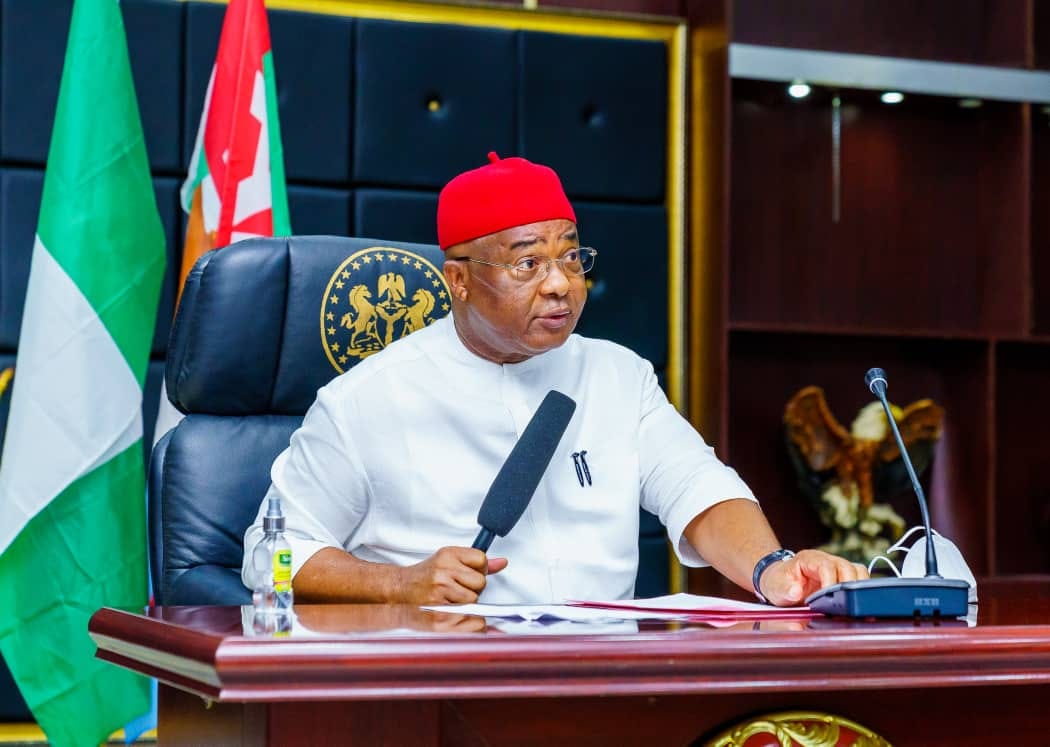Nigeria's Political Landscape in Flux: Calls Intensify for New States Amidst Constitution Review

Nigeria’s ongoing constitutional review is becoming more than just a legislative exercise—it’s turning into a national conversation. Across the country, regions and stakeholders are seizing the moment to push for long-overdue changes. Top of the list? new state creation and structural reforms to promote equity, representation, and stability.
Public hearings, held in various zones, are giving citizens and interest groups the chance to formally present their demands to the House of Representatives Committee on Constitution Review.

Image Credit: Unsplash
The hearing was officially opened by Deputy Speaker Benjamin Kalu, who chairs the Constitution Review Committee. He called the process a historic journey, one that aims to:
Close legal gaps,
Strengthen national unity, and
Build a constitution that truly reflects the aspirations of all Nigerians.
Kalu stressed that the committee is committed to wide consultation and transparency, making sure the revised constitution stands as both a moral and social contract with the Nigerian people.
Southwest Pushes for Ibadan State
One of the most vocal demands is coming from the Southwest, where calls for the creation of Ibadan State from the current Oyo State are gaining momentum.
The Ibadan Compound Peace Initiative (ICPI), led by Nurudeen Akinade, presented a strong case during the Lagos public hearing. According to Akinade:
Ibadan’s population is estimated at 4.2 million, which is three times the population of eight other Nigerian states.
The city covers a land area of 28,000 square kilometers, with communities larger than many towns across the country.
Despite its size, Ibadan has fewer local government areas than some smaller states.
Backing this proposal, Senior Advocate of NigeriaNiyi Akintola emphasized Ibadan’s role as the capital of the Yoruba nation and its wealth in solid minerals. He also noted that:
93.7% of Oyo State’s internally generated revenue comes from Ibadan.
Ibadan represents 36% of the state's population.
The city is home to many educational institutions, tourism assets, and hospitals—all crucial for state viability.
Federal lawmakers Abass Agboworin and Akeem Adeyemi both lent their voices to the campaign. While Agboworin urged the committee to prioritize Ibadan’s statehood due to its cultural and economic significance, Adeyemi proposed a constitutional amendment to create a new Oyo State from the rest of the zones: Oyo, Oke-Ogun, and Ogbomosho.
Meanwhile, another group from Ogun State called for the creation of Ijebu State, further highlighting how widespread these statehood demands have become.
Southeast Seeks Balance and Representation
In the Southeast, the focus is on correcting what many see as historical imbalances. Currently, the zone has only five states, fewer than any other geopolitical region.
Imo State Governor Hope Uzodinma, speaking at the public hearing in Owerri, passionately advocated for at least two new states in the Southeast to level the playing field. One of his key proposals is the creation of Anim State, which he noted could qualify as an oil-producing state, potentially giving it a strong economic foundation.
He also called for broader constitutional changes, including:
A clear legal definition of indigene status, based on birth or long-term residence, to foster national unity.
A rotational presidency among the six geopolitical zones to ensure fairness.
Decentralized police powers to improve local security responsiveness.
He urged the Southeast to pursue these reforms peacefully and constructively, warning against secessionist threats and violence.
Abia State Backs Inclusive Governance and State Policing
Abia State GovernorAlex Otti, represented by Deputy Governor Ikechukwu Emetu, echoed many of these concerns. He emphasized the need for:
A more inclusive constitution.
State police, with strong legal safeguards and clearly defined command structures to avoid misuse.
Universal basic education, made free and compulsory, enshrined in the constitution.
Conclusion:
Nigeria’s constitutional review is evolving into a critical platform for redefining the country’s future. From calls for new states like Ibadan and Anim to demands for equity in representation, state policing, and educational reform, the process reflects deep-rooted aspirations for a more balanced and inclusive federation.
As the House of Representatives Committee on Constitution Review continues its work, the challenge will be turning these diverse, and sometimes competing, demands into a cohesive document that strengthens national unity, deepens democracy, and responds to the realities of modern Nigeria.
You may also like...
Bournemouth's Summer Nightmare: £200M Player Exodus Sparks Fan Fear

Bournemouth's decision to retain Antoine Semenyo has been a masterstroke, as the Ghana winger's exceptional performances...
WNBA Finals Game 1 Shocker: Dana Evans, Aces Crush Mercury

The Las Vegas Aces secured an 89-86 victory over the Phoenix Mercury in Game 1 of the 2025 WNBA Finals, driven by their ...
Shocking Ax: Fox Pulls the Plug on Beloved Animated Series 'Great North'

Fox has officially canceled the animated comedy <i>The Great North</i> after five seasons, concluding its run in Septemb...
Unveiling the Horrors: Inside Netflix's Ed Gein Story & Star's Chilling Connection

The Netflix series "Monster: The Ed Gein Story" delves into the life and crimes of the notorious serial killer, explorin...
Backstreet Boys Unleash AI, Brazilian Love, and Millennium Legacy on Tour

Celebrating over three decades in music, Nick Carter and Howie Dorough of the Backstreet Boys reflect on their enduring ...
Ozzy Osbourne's Harrowing Final Confessions Before His Death in Poignant New Documentary

A new documentary, 'Ozzy Osbourne: No Escape From Now,' posthumously showcases the rock legend's final reflections on hi...
Noel Gallagher Unleashes Brutal Critique on Taylor Swift Amid Her 12th Album Launch

Noel Gallagher offers his characteristically blunt, mixed opinions on Taylor Swift's success and modern pop strategies, ...
Tragedy Strikes Nollywood: Veteran Actor Duro Michael Passes Away At 67

Nollywood mourns the passing of veteran actor Duro Michael at 67, following a battle with a terminal illness. Producer S...


